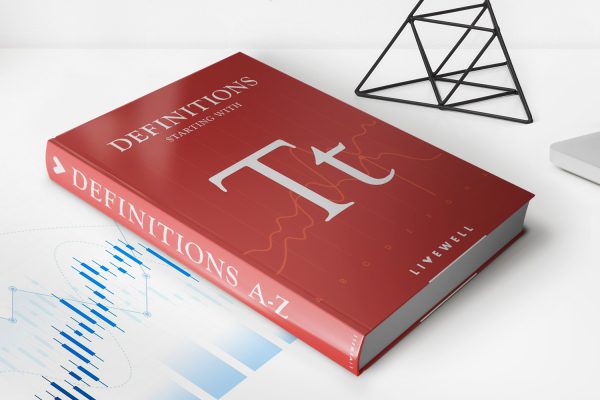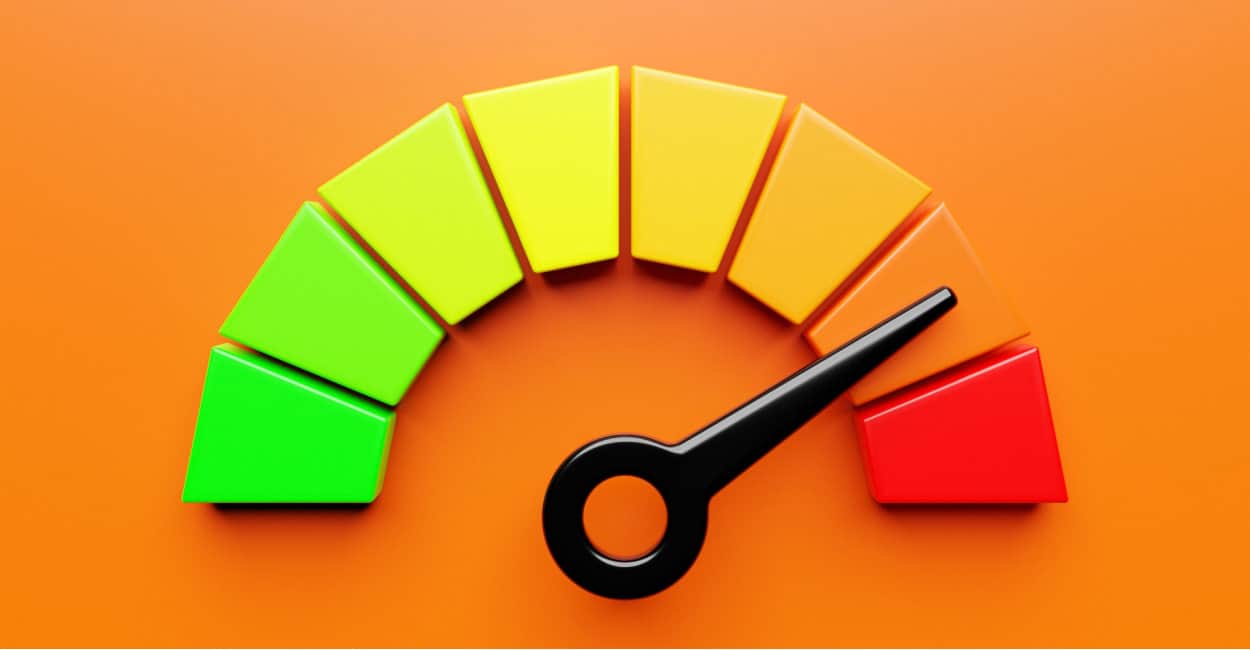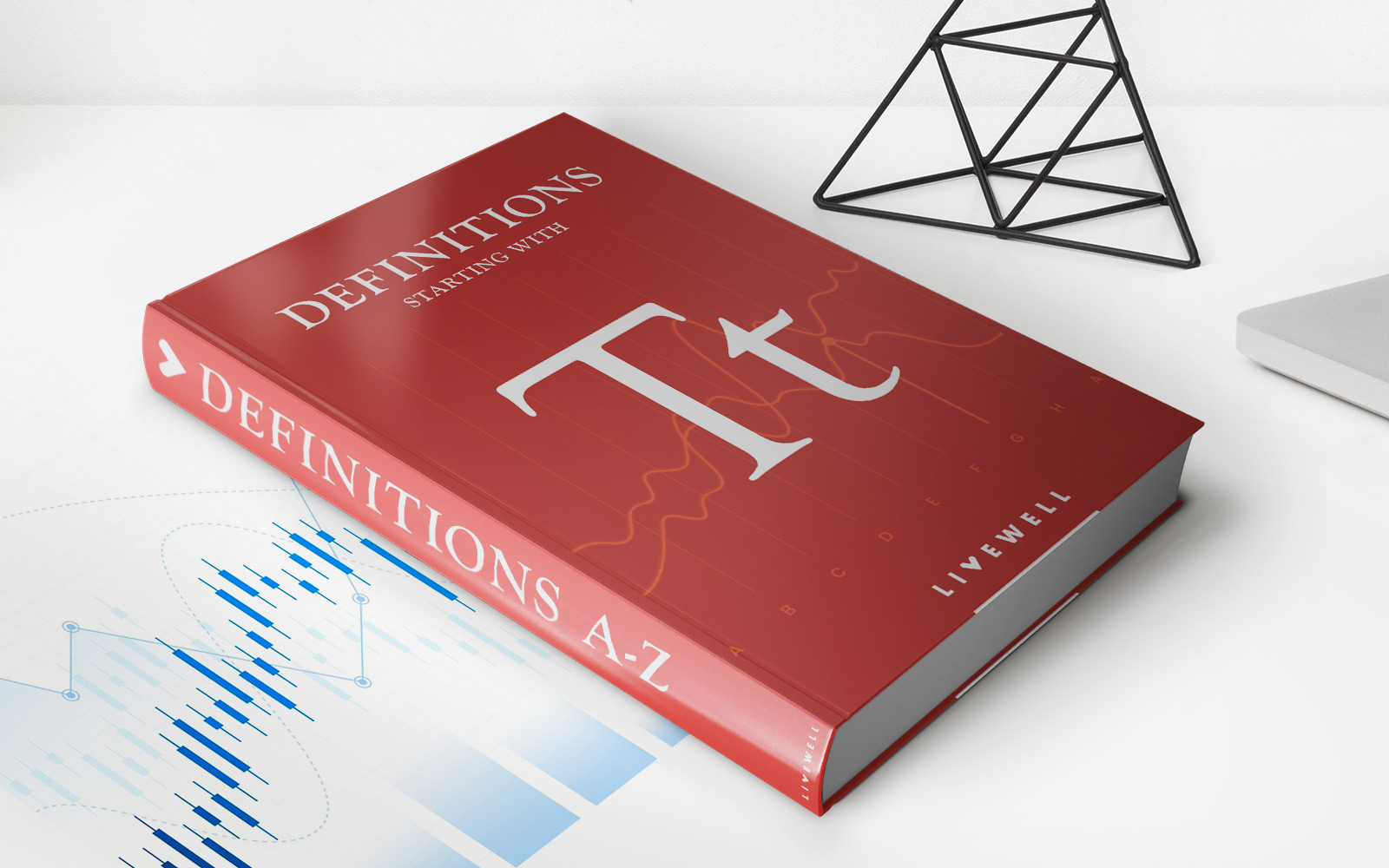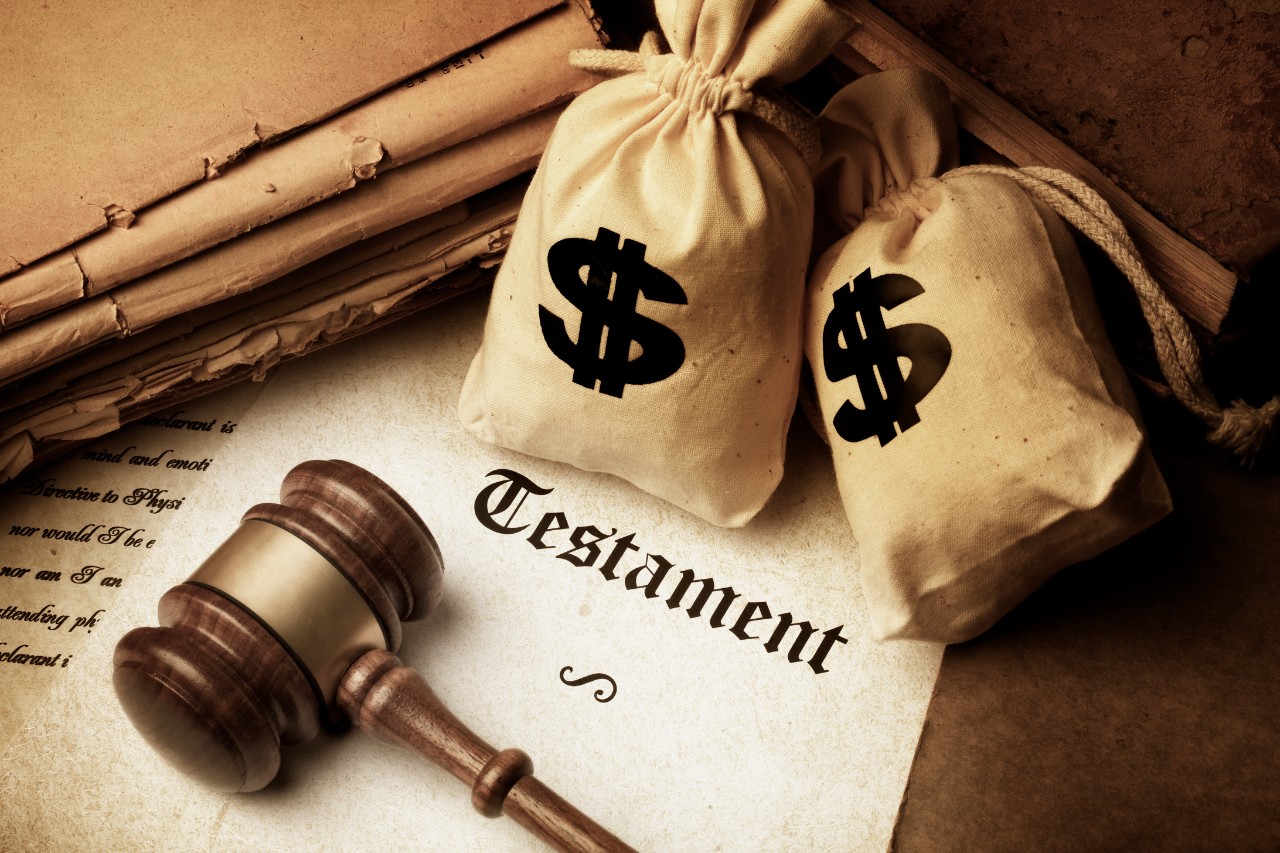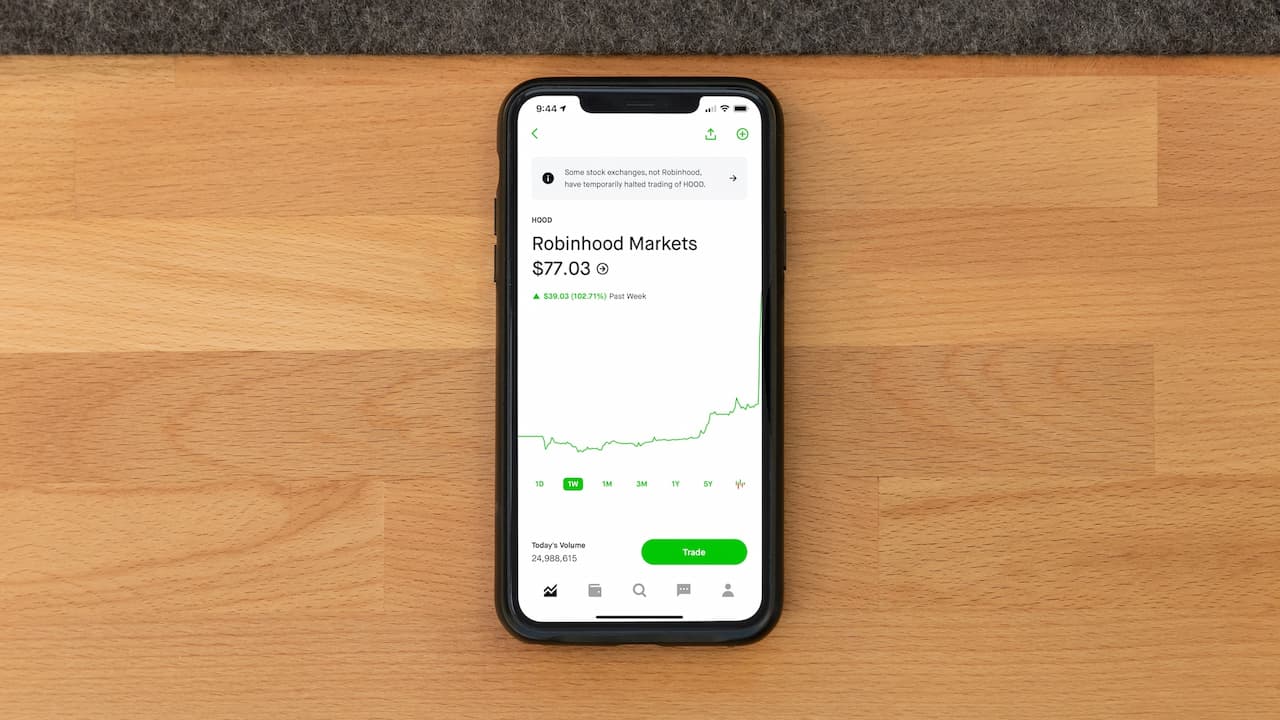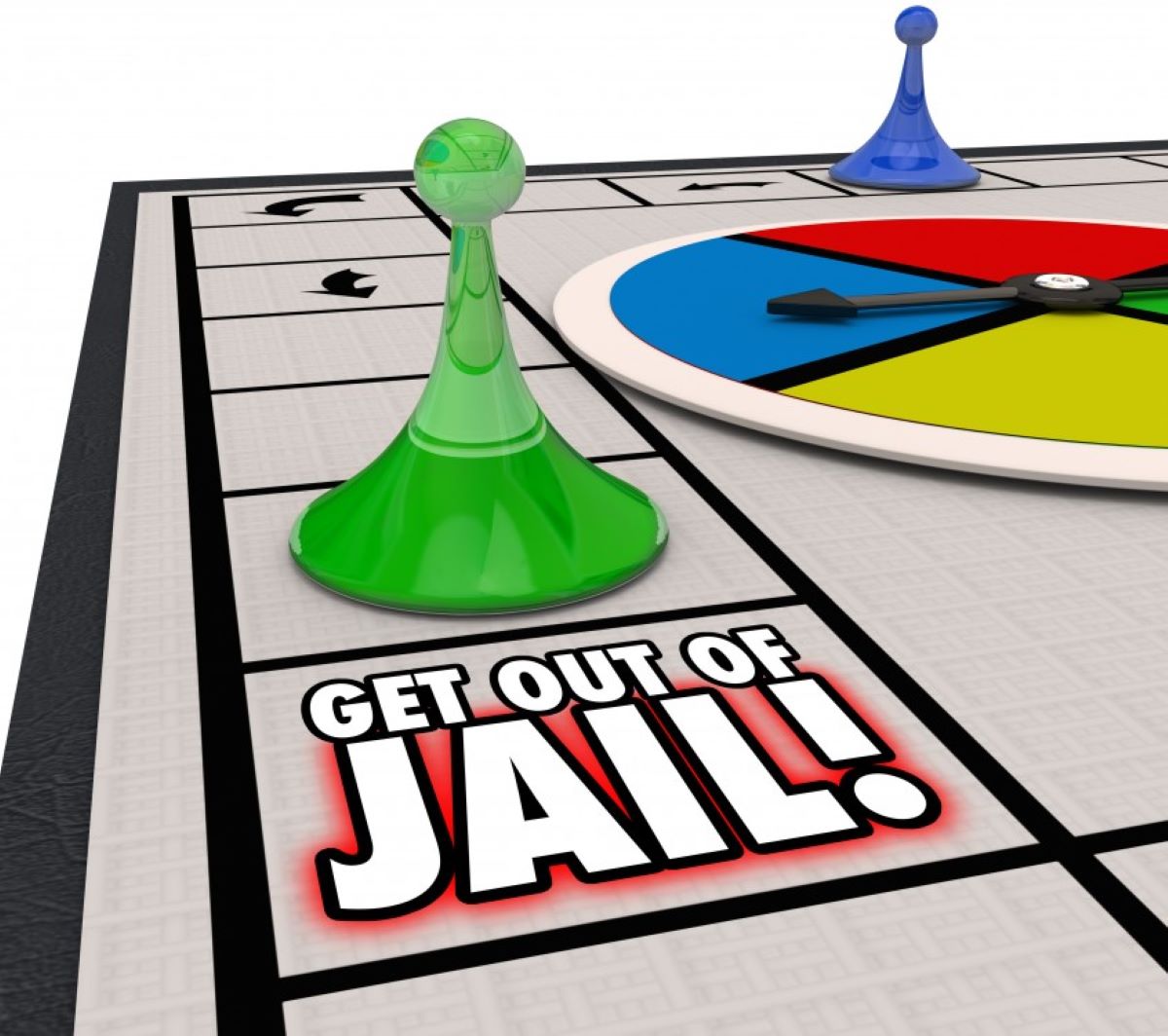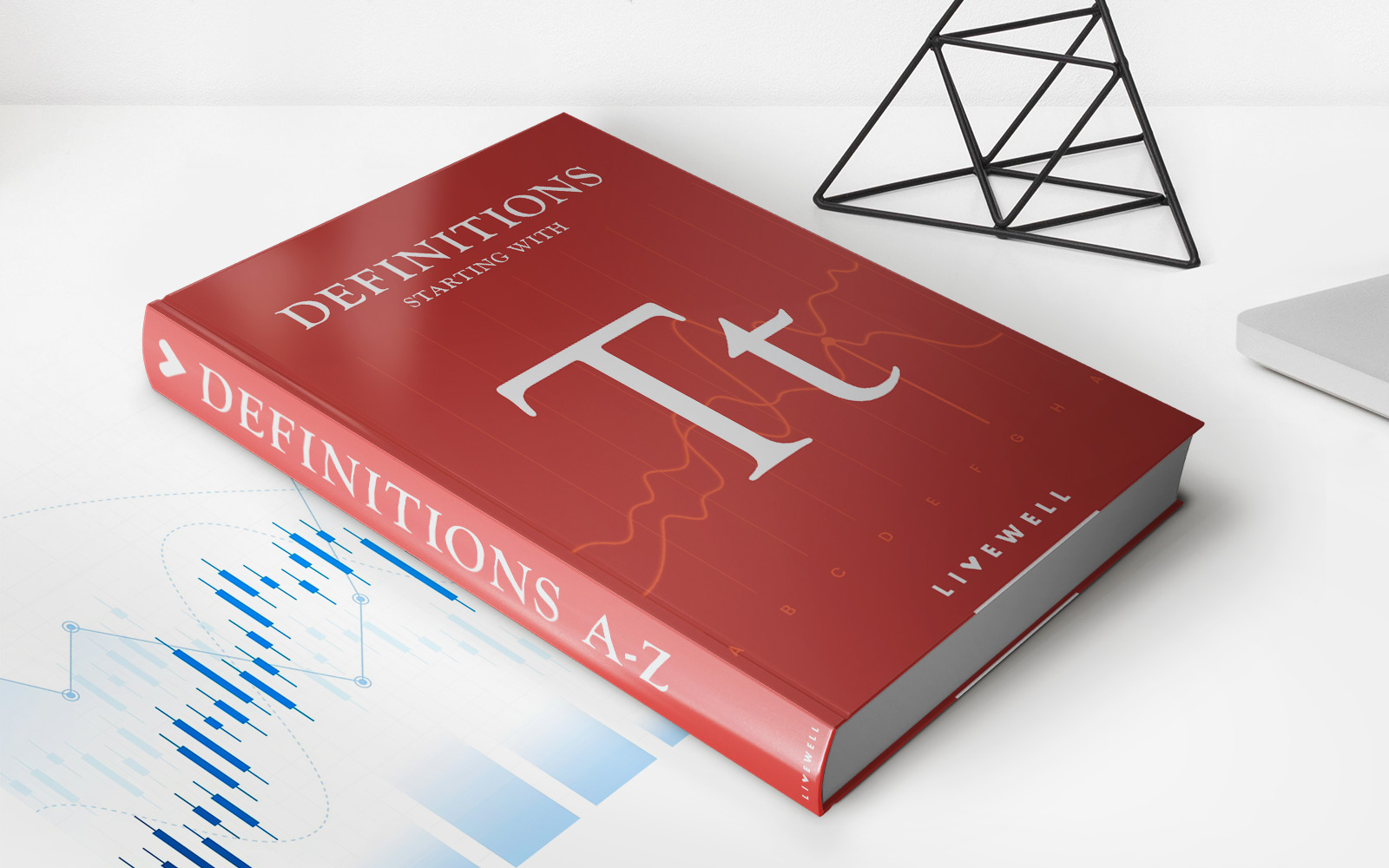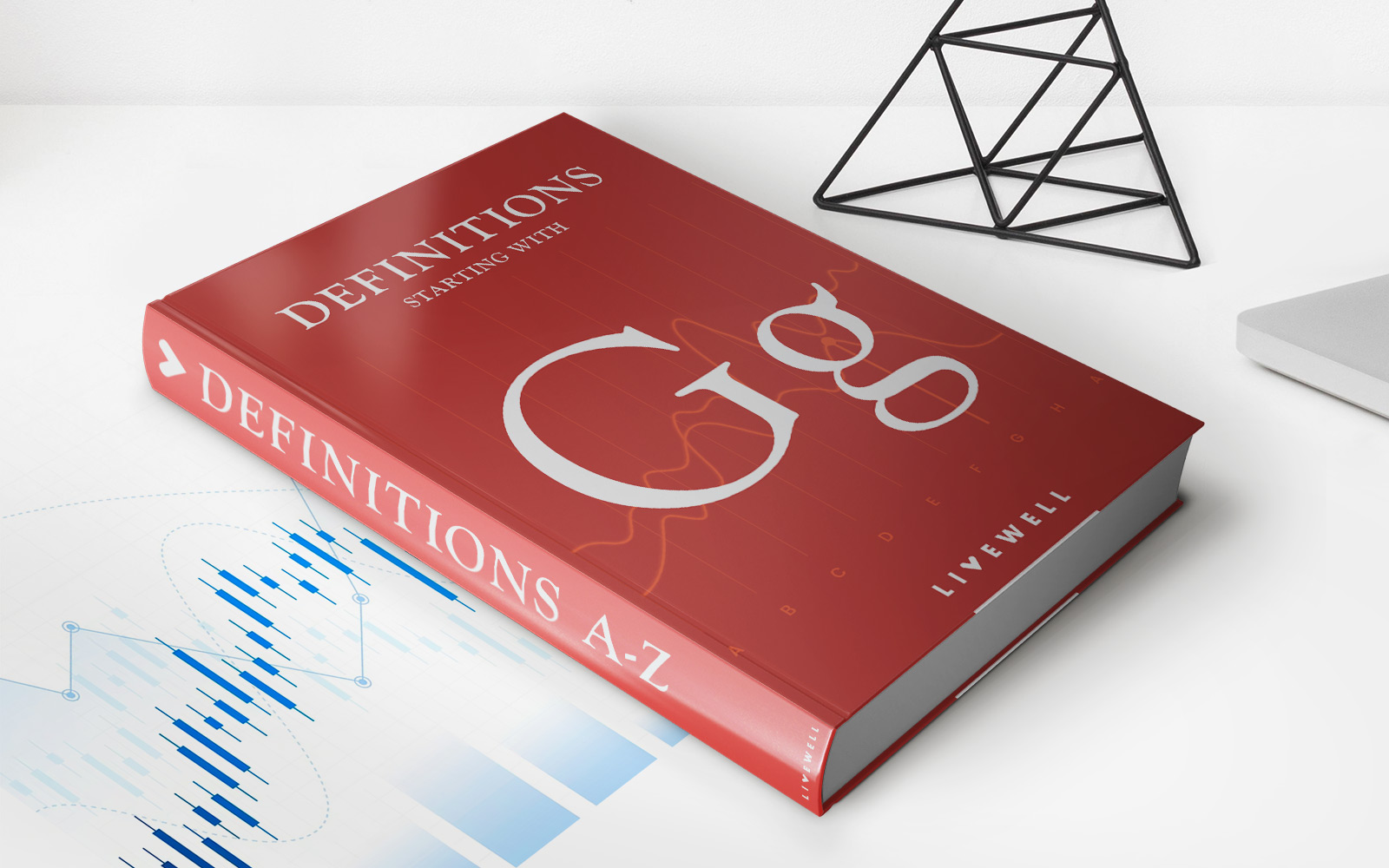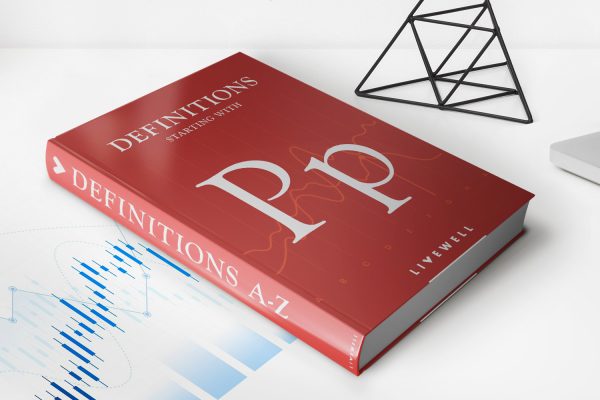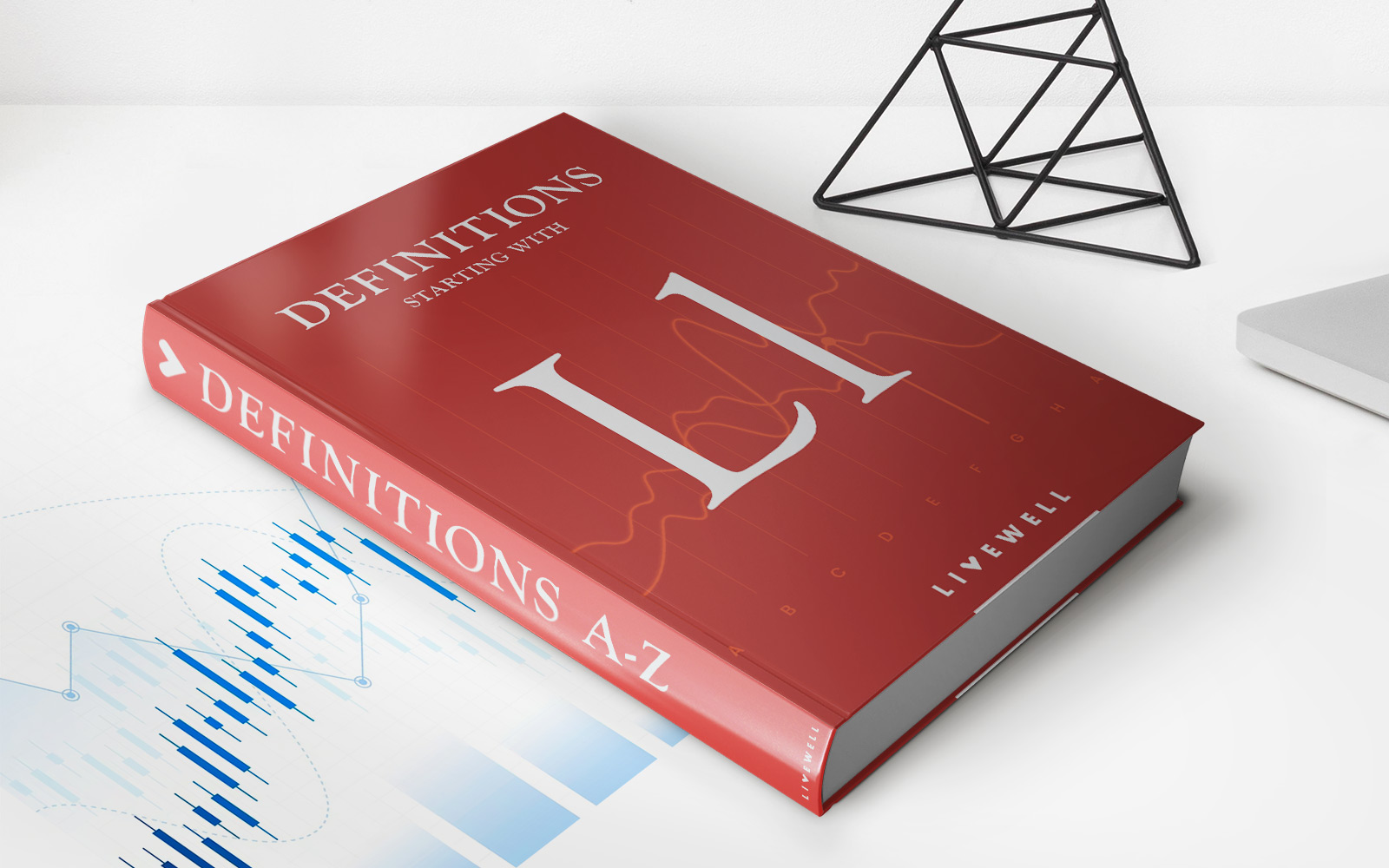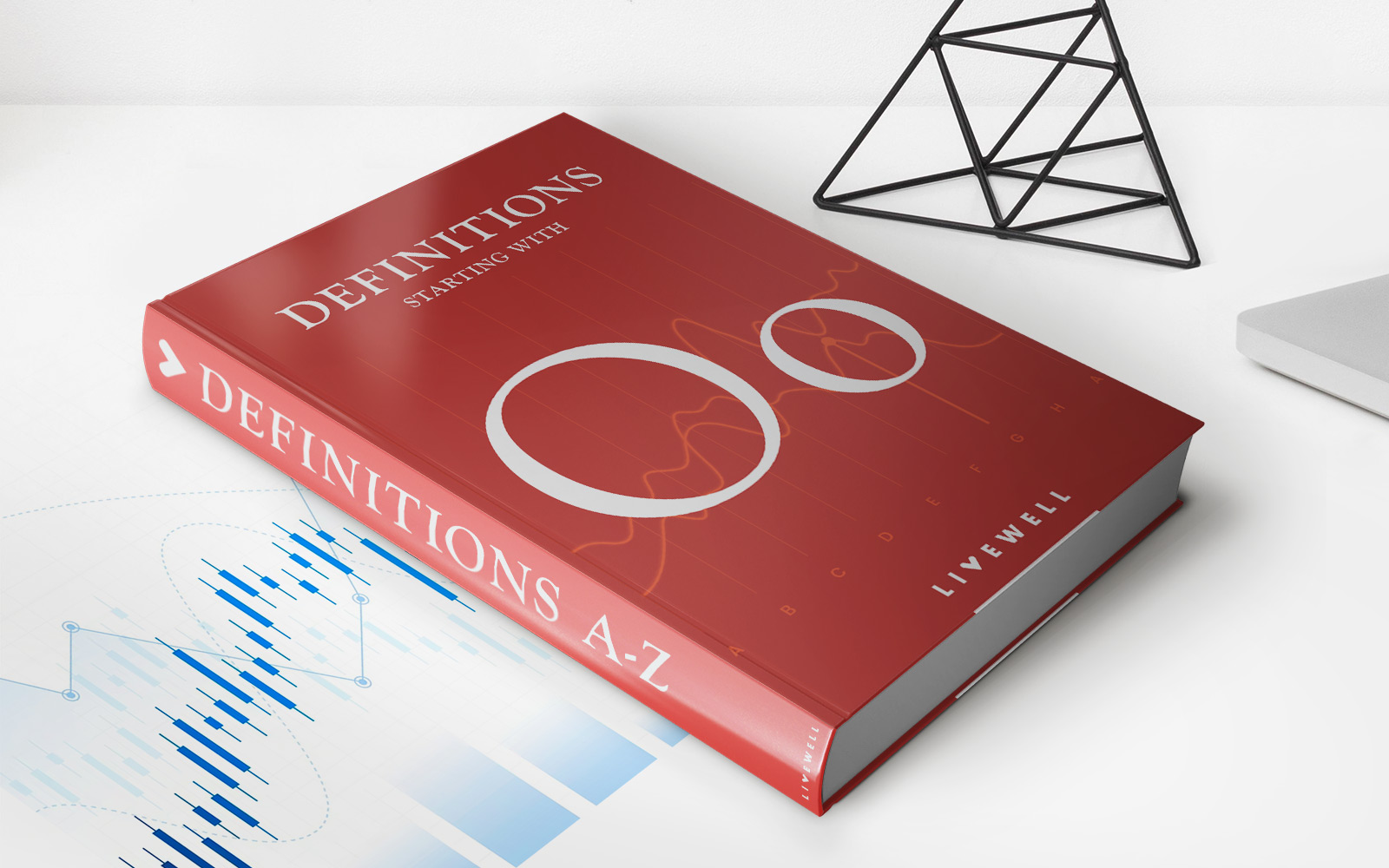Home>Finance>Probate Court: Definition And What Goes Through Probate
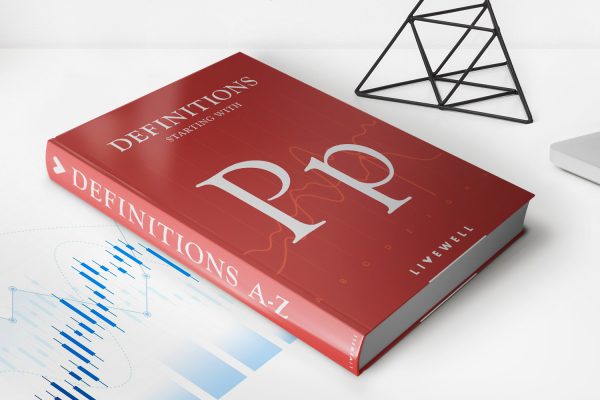
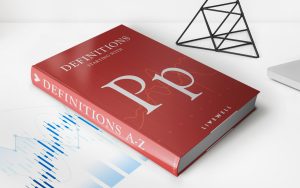
Finance
Probate Court: Definition And What Goes Through Probate
Published: January 12, 2024
Learn the definition of probate court and understand what goes through probate. Discover how probate affects your finances and estate planning.
(Many of the links in this article redirect to a specific reviewed product. Your purchase of these products through affiliate links helps to generate commission for LiveWell, at no extra cost. Learn more)
Probate Court: Definition and What Goes Through Probate
Welcome to our Finance category blog post, where we delve into various topics related to personal finance, savings, investments, and more. Today, we will be discussing an important aspect of finance that often goes unnoticed or misunderstood – Probate Court. In this article, you will gain a clear understanding of what Probate Court is and what goes through probate. So, let’s dive in!
Key Takeaways:
- Probate Court is a specialized legal court that deals with administering the estates of deceased individuals.
- Assets and properties that go through probate include real estate, bank accounts, stocks, vehicles, and personal belongings.
First things first, what exactly is Probate Court? Probate Court is a specialized legal court that deals with the administration of the estates of deceased individuals. When a person passes away, their assets and properties need to be distributed to their rightful heirs, and this process is known as probate.
Probate Court plays a crucial role in ensuring that the deceased person’s debts are paid off and their assets are distributed in accordance with their will or state law if there is no will. It provides a legal framework to protect the rights and interests of all involved parties, including creditors and beneficiaries.
Now that we understand the definition of Probate Court, let’s move on to what actually goes through probate. When a person passes away, their assets and properties may need to go through the probate process. Here are some common examples:
- Real Estate: Any real estate owned solely by the deceased person without a designated beneficiary may go through probate.
- Bank Accounts: Bank accounts held solely by the deceased person without a payable-on-death (POD) or transfer-on-death (TOD) designation may go through probate.
- Stocks and Investments: Stocks, bonds, and other investment accounts owned solely by the deceased person may go through probate.
- Vehicles: If a vehicle is solely owned by the deceased person, it may need to go through probate.
- Personal Belongings: Personal belongings, such as jewelry, artwork, and furniture, may also be subject to the probate process if no arrangements have been made for their distribution.
It’s important to note that not all assets and properties go through probate. Some assets, such as life insurance policies, retirement accounts with designated beneficiaries, and jointly owned assets with rights of survivorship, bypass the probate process.
In conclusion, Probate Court is a specialized legal court that deals with the administration of the estates of deceased individuals. Assets and properties that go through probate include real estate, bank accounts, stocks, vehicles, and personal belongings. By understanding the probate process, you can better plan your estate and ensure a smooth transition of your assets to your loved ones.
We hope this article has provided you with a valuable insight into Probate Court and what goes through probate. If you have any further questions or are looking for more information, don’t hesitate to reach out to a qualified probate attorney or estate planning professional.
